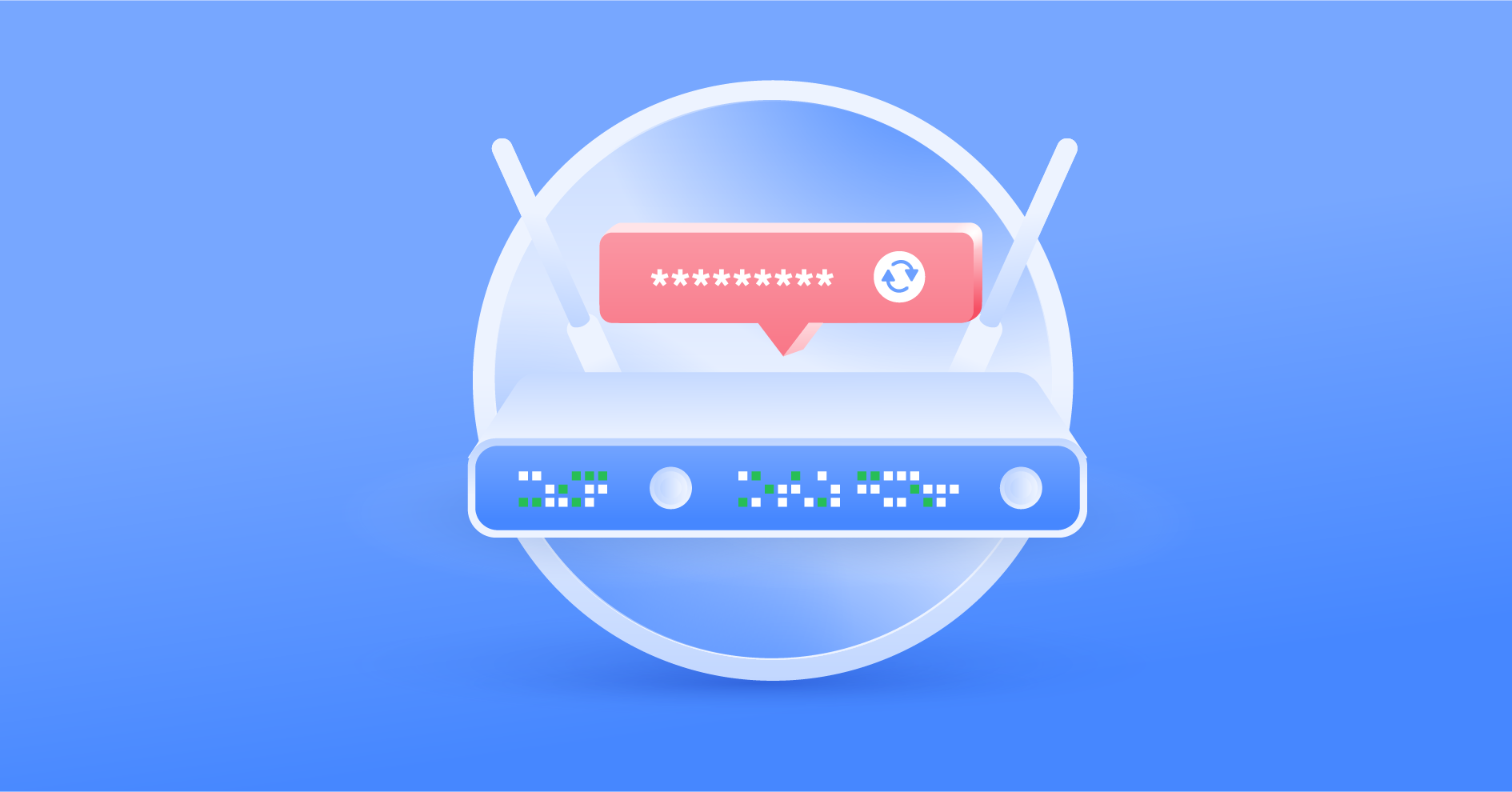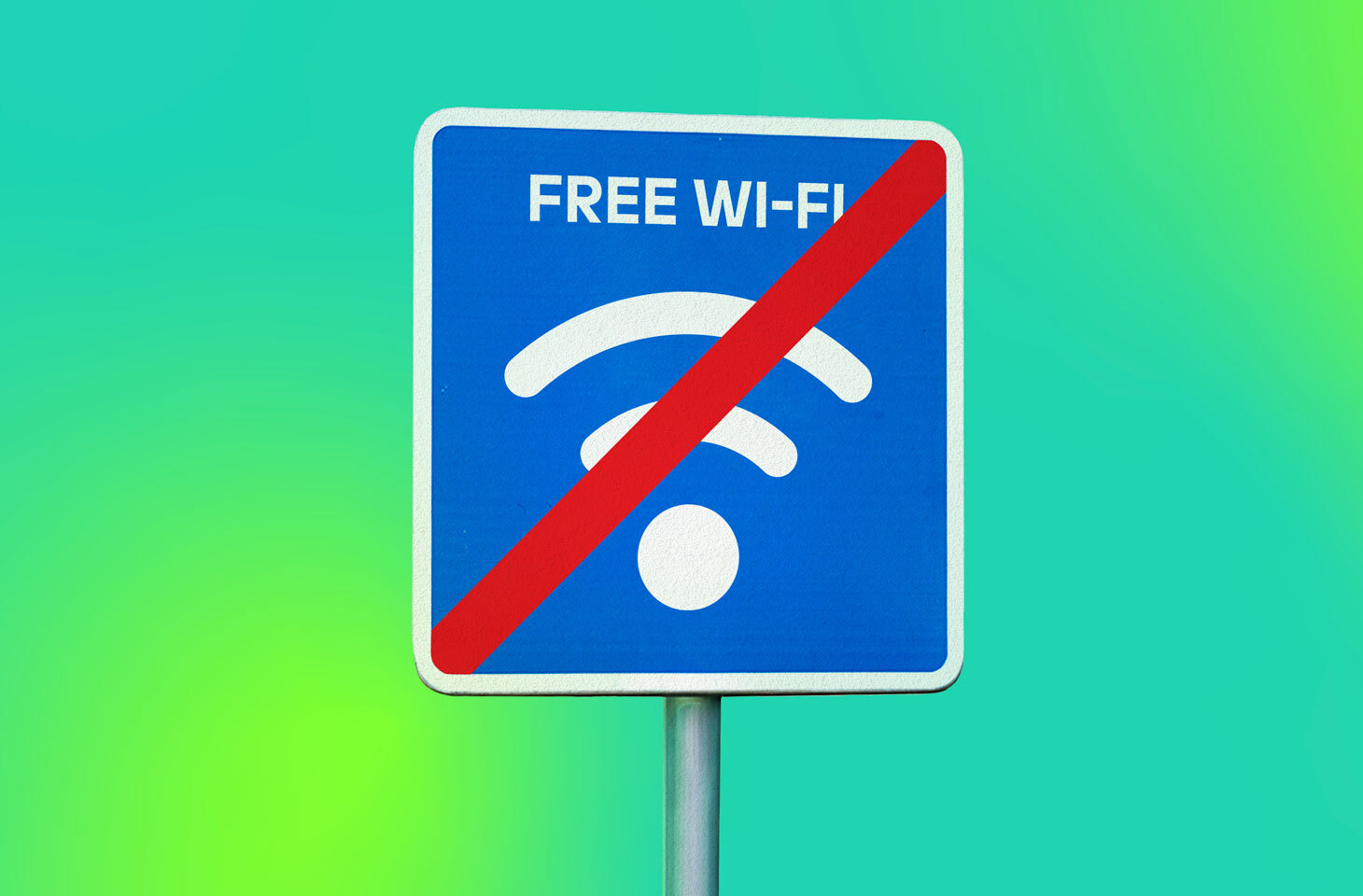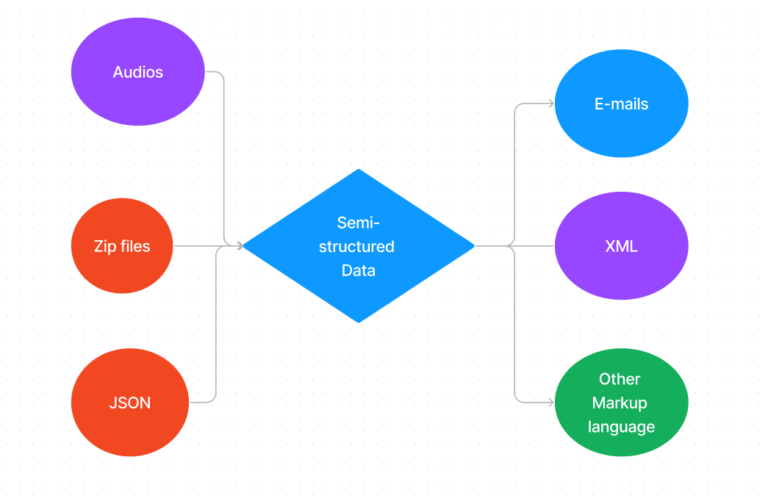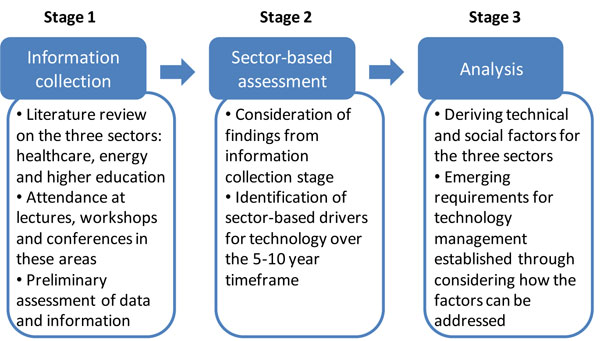Should I Give My Neighbor My Wi-Fi Password?
Giving your neighbor your Wi-Fi password can be a generous gesture, but it’s important to consider the risks before doing so. Your neighbor may be an honest person, but there are no guarantees that they won’t share the password with someone else or misuse it in some way. Additionally, if they use too much bandwidth, it could slow down your connection and lead to additional costs for you. It may be best to set up a guest network for your neighbor that you can control and limit access as needed.
Assessing the Risks of Sharing Your Wi-Fi Password
It can be tempting to share your Wi-Fi password with your neighbor to be a good neighbor. After all, it can be a nice gesture and a great way to make a friend. But before you do, you should consider the potential risks of sharing your Wi-Fi connection.
First, it’s important to understand that when you share your Wi-Fi connection, you’re also sharing your bandwidth. This means that your neighbor’s activities, such as streaming video or downloading large files, will consume a portion of your Internet connection. This can lead to slower speeds for you and could even result in higher monthly bills if you exceed your data limit.
Second, sharing your Wi-Fi connection could put your network security at risk. When a third party has access to your Wi-Fi, it could be vulnerable to malicious activity. Hackers could use your connection to launch cyberattacks or access your private data.
Finally, you should also consider the legal implications of sharing your Wi-Fi password. Depending on where you live, you could be held responsible for any illegal activities that occur on your connection.
Sharing your Wi-Fi password with your neighbor may seem like a nice gesture, but it’s important to understand the potential risks before doing so. Evaluate your security and bandwidth needs and weigh the risks before deciding to give your neighbor your Wi-Fi password.
Understanding the Legal Implications of Wi-Fi Password Sharing
When it comes to sharing your Wi-Fi password with your neighbor, it’s important to understand the legal implications. While it’s a generous act to give your neighbor access to your Wi-Fi connection, it’s important to be aware of potential dangers that may arise from this act. For starters, sharing your Wi-Fi password with your neighbor may put you in a precarious legal situation as you could be held liable for any illegal activity done through your connection. Additionally, if your neighbor is using your Wi-Fi connection, it could have a negative impact on your own connection speed and security. While there may be some benefits to sharing your Wi-Fi password with your neighbor, it is important to consider the risks and potential legal implications before doing so.
Examining Potential Benefits of Wi-Fi Password Sharing
In today’s increasingly digital world, it’s not uncommon for people to share their Wi-Fi passwords with their neighbors. But is it worth the risk? While sharing your Wi-Fi password with your neighbors can provide a number of potential benefits, such as added convenience, increased security, and improved social relationships, there are also some potential risks involved. In this blog post, we’ll explore the potential advantages and disadvantages of sharing your Wi-Fi password with your neighbors, and help you decide whether or not it’s a good idea.
One potential advantage of sharing your Wi-Fi password with your neighbors is that it can provide an added level of convenience. Your neighbors can connect to your Wi-Fi network without having to go through the hassle of setting up their own network. This can be especially helpful if you live in an area with limited internet access. Additionally, if you ever have visitors, they can easily access your Wi-Fi network without you having to give them a separate password.
Another potential benefit of sharing your Wi-Fi password is that it can provide an additional layer of security. By allowing your neighbors to access your Wi-Fi network, you can reduce the risk of someone accessing your network without permission. Additionally, if there is a problem with your internet connection, your neighbors can help troubleshoot the issue.
Finally, sharing your Wi-Fi password with your neighbors can also help build better relationships with your neighbors. By allowing your neighbors to access your Wi-Fi network, you are showing that you trust them and are willing to help them out. This can help foster a sense of community and build stronger relationships with your neighbors.
Overall, sharing your Wi-Fi password with your neighbors can provide a number of potential benefits, such as added convenience, increased security, and improved relationships with your neighbors. However, it’s important to consider the potential risks involved before making a decision. Weigh the pros and cons carefully before deciding if sharing your Wi-Fi password is the right choice for you.

Setting Clear Guidelines for Wi-Fi Password Sharing
In today’s digitally connected world, Wi-Fi is a necessity. And, many people rely on their neighbors for internet access. But, should we be giving out our Wi-Fi passwords freely? It may be tempting to let your neighbor use your Wi-Fi, but it is important to set clear guidelines when it comes to sharing passwords.
When considering whether to give out your Wi-Fi password, it is important to ask yourself a few questions. How well do you know your neighbor? How often will they need to use your Wi-Fi? Do you trust them? Knowing the answers to these questions can help you decide how comfortable you are with giving out your Wi-Fi password.
Another important factor to consider is the security of your network. If your neighbor has access to your Wi-Fi, it is important that they are using it responsibly. If you have concerns about security, you may want to consider setting up a guest network on your router. This will allow you to give your neighbor access to your internet without compromising the security of your home network.
Finally, it is important to discuss ground rules with your neighbor. Establishing clear expectations for how the Wi-Fi will be used can help ensure that everyone is comfortable with the arrangement.
Sharing your Wi-Fi password with your neighbor can be a great way to build community and help out a friend in need. However, it is important to assess the situation carefully and set clear guidelines before giving out your Wi-Fi password.
Taking Steps to Secure Your Wi-Fi Network
Wi-Fi networks are an essential part of modern life, providing access to the internet for convenient home networking and connecting multiple devices. However, with convenience comes potential risks if your network is not secured properly. Before deciding to give your neighbor your Wi-Fi password, it is important to take steps to ensure your network is secure.
To start, ensure your router is updated with the latest firmware. The manufacturer of your router should provide the latest updates for your device, which can be found on their website. Additionally, make sure to change your Wi-Fi password regularly and use a strong, unique password. This will help prevent unauthorized access to your network.
One of the most important steps to secure your Wi-Fi network is to enable encryption. Encryption is a process used to scramble data sent over your network, making it unreadable to anyone attempting to access it. The most commonly used encryption protocols are WPA2 and WPA3. It is important to ensure that your router is enabled with these encryption protocols, as they offer the highest level of security.
Lastly, if you decide to give your neighbor your Wi-Fi password, it is important to monitor your network for any suspicious activity. Keep an eye out for any unusual spikes in data usage, or any connections from unknown devices. If anything looks suspicious, change your Wi-Fi password immediately.
By taking the necessary steps to secure your Wi-Fi network, you can help ensure that your network is safe and secure for both you and your neighbor.
Drawing a Conclusion on Wi-Fi Password Sharing
Weighing the pros and cons of sharing your Wi-Fi password with a neighbor can be a difficult decision. After all, Wi-Fi is a valuable resource, one that you have paid for and should be respected. On the other hand, being neighborly and generous can foster a sense of community and build relationships. So, should you give your neighbor your Wi-Fi password? Ultimately, it comes down to your personal preference and situation.
If you decide to share your Wi-Fi password, make sure to establish ground rules with your neighbor. This can include limits on the amount of data they can use, setting a time frame or duration for use, and limits on the number of devices they can connect. Additionally, consider setting up a guest network to create a separate network for your neighbor. This way, your primary network will be secure and your neighbor will still be able to access the internet.
Assessing the cost-benefit ratio of sharing your Wi-Fi password with your neighbor is a personal decision. Consider the potential risks and rewards of sharing your Wi-Fi and weigh them against your own needs and wants. Ultimately, the decision is yours to make and should be based on your unique circumstances.
FAQs About the Should I Give My Neighbor My Wi-Fi Password?
1. Is it legal to give my neighbor my Wi-Fi password?
Yes, in most cases it is legal to give your neighbor your Wi-Fi password. However, it is always best to check with your local laws and regulations to make sure that you are not violating any laws.
2. Are there any risks associated with giving my neighbor my Wi-Fi password?
Yes, there are risks associated with giving your neighbor your Wi-Fi password. These include security risks, as your neighbor could potentially access your network without your knowledge, or use your network for illegal activities. Additionally, your neighbor may be able to access your personal information if they have access to your network.
3. What should I do if I decide to give my neighbor my Wi-Fi password?
If you decide to give your neighbor your Wi-Fi password, it is important to set up a secure network. Make sure that you have a strong password and that your Wi-Fi network is encrypted. Additionally, you should consider setting up a guest network for your neighbor to use, so that they do not have access to your personal information.
Conclusion
Ultimately, the decision of whether to give your neighbor your Wi-Fi password is up to you. If you trust your neighbor and feel comfortable giving them access to your Wi-Fi, it can be a great way to help out a friend in need. However, it is important to consider the potential risks associated with giving someone access to your network, such as the possibility of them using your bandwidth or accessing data that is not meant for them. If you decide to give your neighbor your Wi-Fi password, it is best to set up a separate guest network with a different password that can be shared. This will ensure that your own personal network remains secure.



